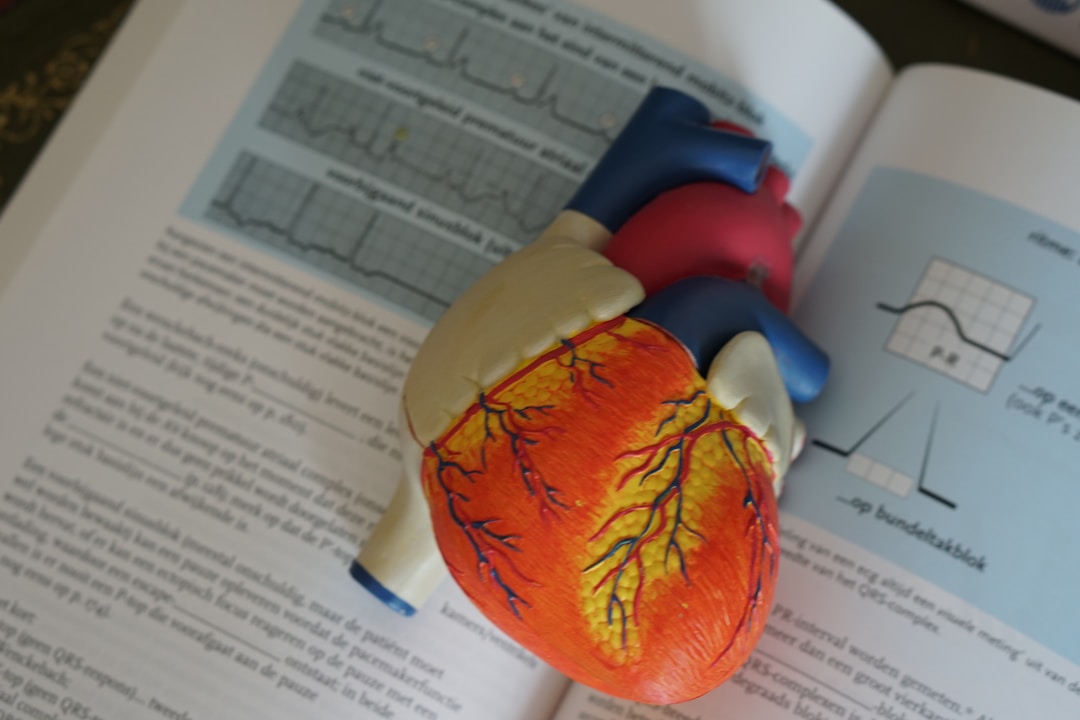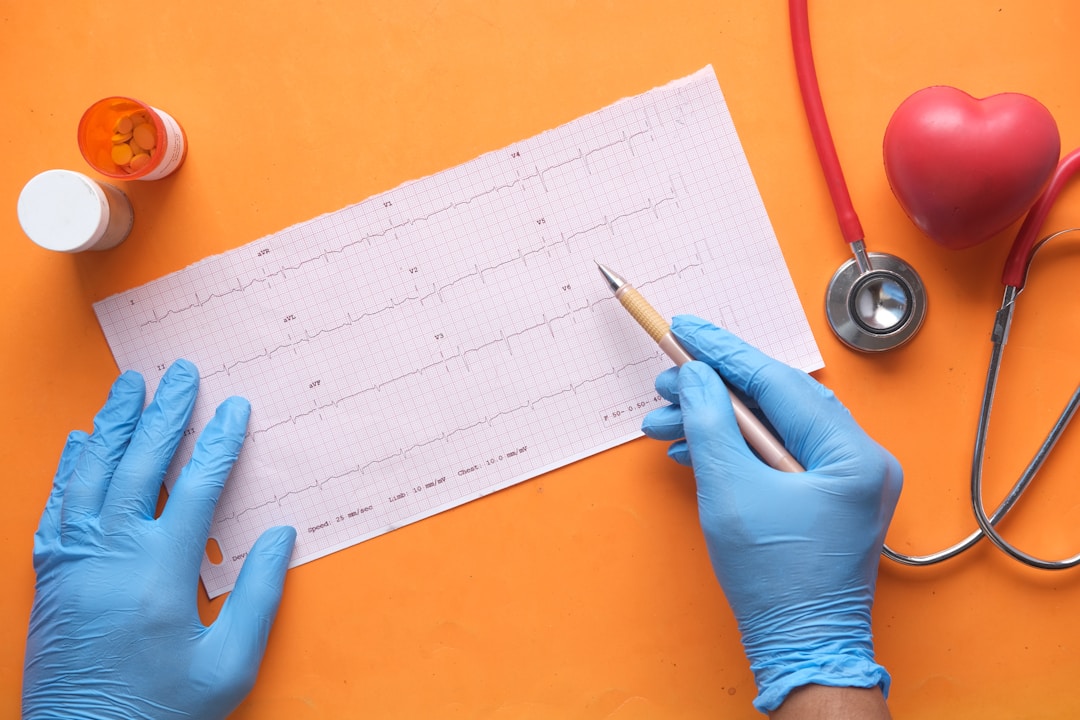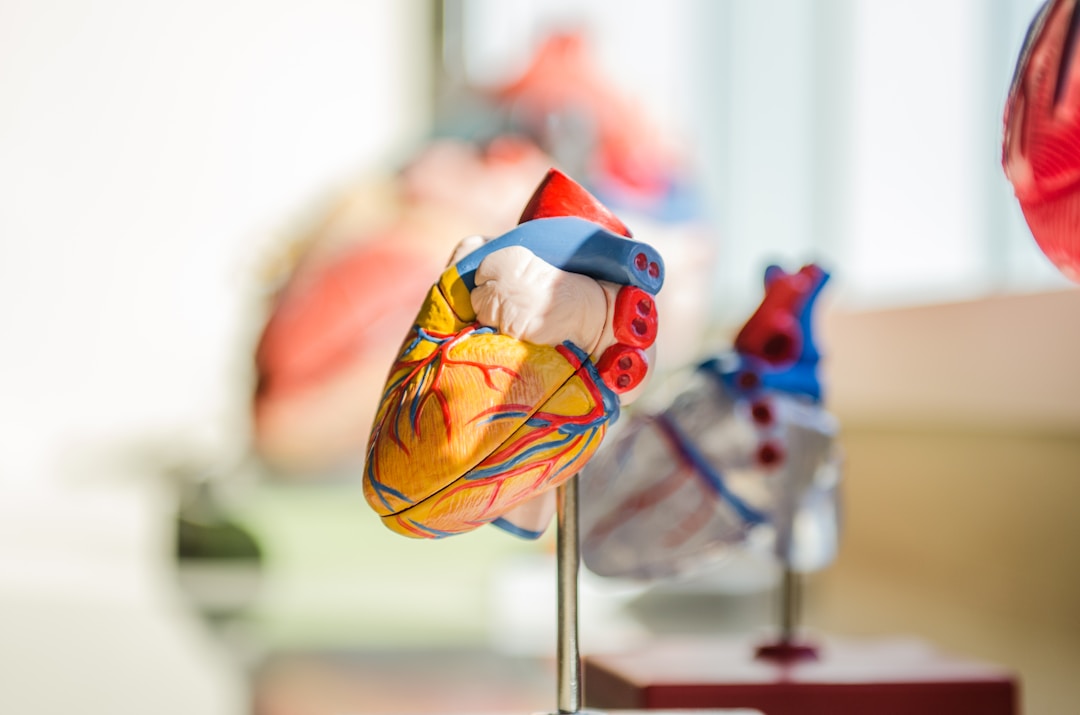When it comes to matters of the heart, both metaphorically and literally, you need to have a trustworthy and respected cardiologist by your side. The heart is one of the most vital organs in the human body, responsible for pumping life-sustaining blood to every corner of our system. Any complications or diseases affecting the heart can have serious consequences for our overall well-being. Explore this article as it emphasizes the major aspects you should consider while finding a qualified cardiologist near you. If you’re in need of advice, keep reading!
Understanding the Role of a Cardiologist

A cardiologist is a specialized doctor who diagnoses and treats heart diseases and conditions related to the cardiovascular system. The complexities of the cardiovascular system require the cardiologist to have extensive understanding and knowledge in their field. Issues related to the heart can vary, ranging from a simple arrhythmia to a much more complicated heart disease. A cardiologist is equipped to handle all these irregularities proficiently.
When searching, you need to find a cardiologist who can provide you with comprehensive cardiovascular care. If you are someone living in California, and aiming to find a cardiologist in Los Angeles this information will assist you. The right cardiologist will have years of experience and constant pursuit of knowledge that enables them to accurately diagnose and treat various heart-related conditions. Whether you’re facing a common issue like high blood pressure or a more complex problem like arrhythmia or coronary artery disease, a reputable cardiologist will know how to offer personalized care to suit your needs.
Furthermore, your cardiologist will guide you on preventive care. People with a family history of heart disease often need to be more attentive to their cardiovascular health. A cardiologist provides accurate preventive care that keeps heart diseases at bay. They guide you on essential lifestyle changes and medications that contribute towards maintaining a healthy heart. Continuing care is another aspect where a cardiologist plays a role. One-time check-ups are not enough in terms of heart health. Regular check-ups help in the timely detection of any heart irregularities that might come up.
Factors To Consider While Choosing A Cardiologist
You have to consider specific factors while choosing your cardiologist. In this context, the professional experience of the cardiologist is crucial. An experienced cardiologist will have handled several cases and different types of heart conditions. This experience greatly contributes to their proficiency in diagnosing and treating heart diseases. Another factor to consider is the cardiologist’s credentials. Assessing their education, training, certification, and reputable medical institutions they might be associated with can provide insight into their competence.
Verify their board certification in cardiology as it is proof of their expertise. Consider the hospital quality where the cardiologist consults. Superior-quality hospitals, tend to have fewer complications and higher survival rates as compared to the lower-ranking hospitals. Evaluate these factors before making your choice so you can make an informed decision.
The Importance Of A Local Cardiologist

Having a local cardiologist can be highly beneficial for various reasons. For one, it saves on travel time and expenses, especially for those required to frequently visit the cardiologist due to their chronic heart conditions. It makes the routine of regular check-ups easier and more feasible. Local cardiologists tend to be more familiar with the local resources and can guide you to other health professionals or services if needed.
They’re often well-associated with regional hospitals thus, In the time of an emergency, having a cardiologist nearby can get you quick treatment. Close proximity also allows for a stronger doctor-patient relationship as more frequent interactions are possible. This relationship is beneficial for the cardiologist to understand your health better and for you to build trust with your doctor.
Finding A Cardiologist In Los Angeles
We mentioned Los Angeles earlier, now let’s talk about it in more depth. In Los Angeles specifically, there are multiple ways to find a cardiologist. You could start by asking your primary healthcare provider for recommendations. As they would have a better understanding of your health, they could guide you to a suitable cardiologist. Reach out to your friends, family, colleagues, or anyone who has already sought the support of a cardiologist. They can share their experiences and provide reliable recommendations.
Another method is online exploration. There are many reliable online directory websites where you can find a list of board-certified cardiologists in your area. Exploring the websites of hospitals and healthcare centers is another way. You can read about the different cardiologists, their qualifications, areas of expertise, and reviews from patients. This can give you a comprehensive idea and enable you to make a sound decision.
Booking An Appointment

If you have narrowed down on a cardiologist, contact the doctor’s office to book the first appointment. Here, you may want to inquire about the doctor’s availability, the possibility of emergency consultations, and the mode of payment accepted. You need to use the initial consultations to evaluate your comfort level with the cardiologist. Pay attention to how they handle your questions and concerns.
Consider if the doctor provided a clear explanation regarding your health condition and the possible line of treatment. These are strong indicators of an effective doctor-patient relationship. Moreover, scope out the environment of the clinic or hospital. Observe the staff’s behavior, cleanliness, and general ambiance. All these are considerations that could significantly influence patient satisfaction and the quality of care you will receive.
Schedule Regular Follow-Ups
After finding a suitable cardiologist, maintain regular visits for continued care. Regular check-ups allow your cardiologist to anticipate and prevent potential health issues. It gives them the opportunity to optimize their existing treatment plans or adjust medications as per your body’s reactions. In these regular visits, your cardiologist also assesses changes in your lifestyle that might impact your cardiovascular health.
They guide you through lifestyle modifications such as a balanced diet, exercise regimes, weight management, and stress control measures that are integral to heart well-being. Regular follow-ups ensure that you and your cardiologist are aligned in terms of healthcare goals. It allows for proactive management of heart conditions, thus leading you towards the path of sustained heart health.
Maintaining A Healthy Heart

Finally, while regular doctor check-ups are a priority, personal efforts in maintaining a healthy heart are just as important. This includes regular exercise, eating a balanced diet full of fruits, vegetables, lean proteins, and whole grains, maintaining a healthy weight, controlling your blood pressure, cholesterol, and blood sugar levels, and abstaining from smoking and excessive alcohol consumption.
Mental well-being is another aspect that’s often overlooked when it comes to heart health. Stress, anxiety, and depression can put extra strain on your heart. It’s advisable to engage in stress-relieving activities such as meditation, yoga, or any other hobby that helps you relax. A healthy lifestyle goes a long way in ensuring a robust cardiovascular system. Finding a cardiologist near you merely enhances and guards this primary wellness aspect efficiently.
As you can see in this article, it’s noteworthy that the endeavor to find a cardiologist in your vicinity is a valuable investment in your health. By considering factors such as a cardiologist’s experience, credentials, hospital affiliation, and location, you can make the right choice, that links to your ongoing health journey. If you follow all of our advice, then you’ll be able to find a cardiologist in your area who will assist you with protecting your heart health.





